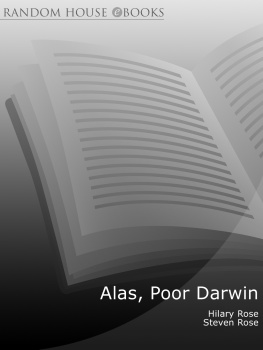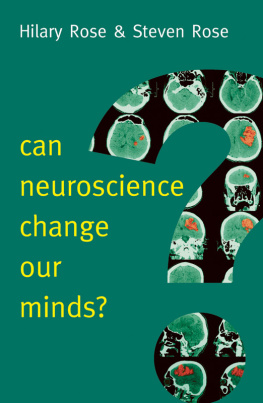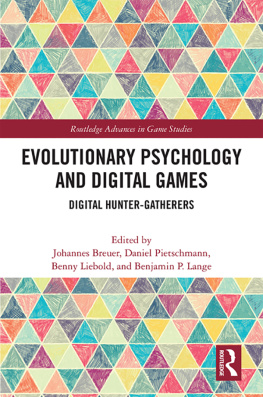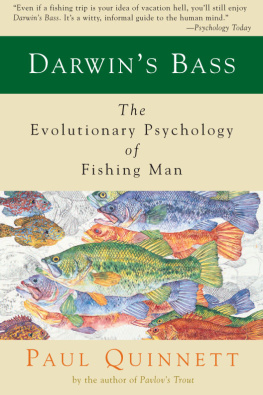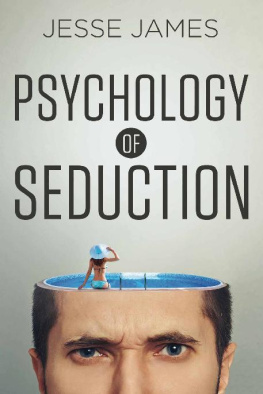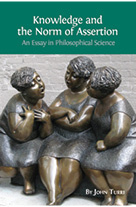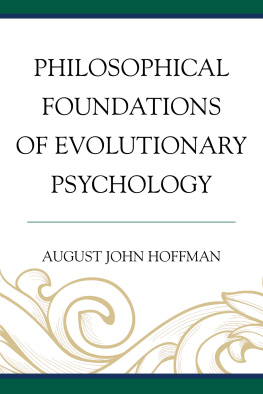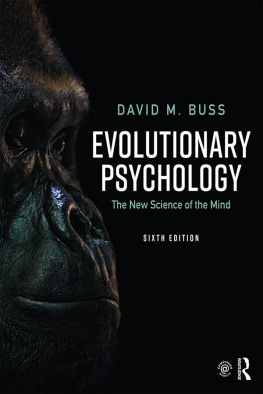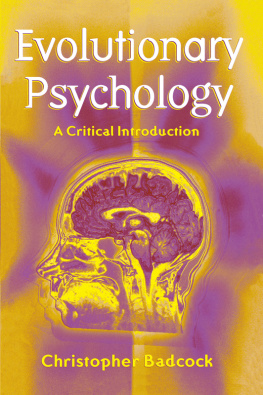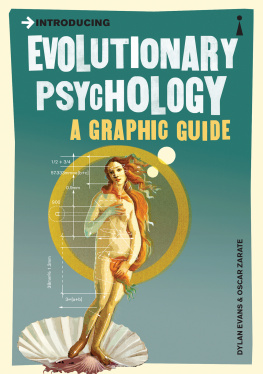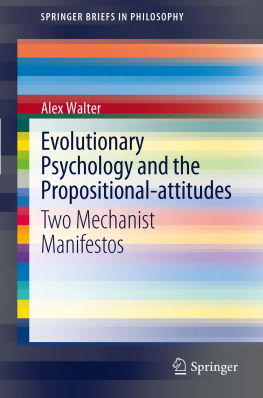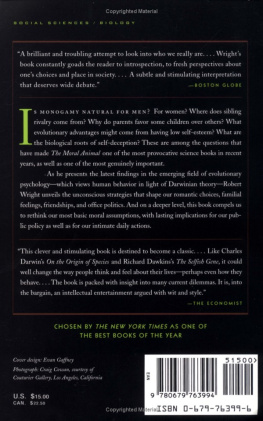ALAS, POOR DARWIN
Hilary Rose, Visiting Research Professor at City University, London, is a feminist sociologist. Her most recent book is Love, Power and Knowledge. Steven Rose, a neuroscientist, is Professor of Biology at the Open University, and most recently author of The Making of Memory and Lifelines: Biology, Freedom and Determinism. They have worked and written together on issues in science and society for many years. They are currently joint Professors of Physic (genetics and society) at Londons Gresham College and their jointly written and edited books include Science and Society, The Radicalisation of Science and The Political Economy of Science.
ALAS, POOR DARWIN
Arguments Against
Evolutionary Psychology
EDITED BY
Hilary Rose and Steven Rose

This eBook is copyright material and must not be copied, reproduced, transferred, distributed, leased, licensed or publicly performed or used in any way except as specifically permitted in writing by the publishers, as allowed under the terms and conditions under which it was purchased or as strictly permitted by applicable copyright law. Any unauthorised distribution or use of this text may be a direct infringement of the authors and publishers rights and those responsible may be liable in law accordingly.
Version 1.0
Epub ISBN 9781446412176
www.randomhouse.co.uk
Published by Vintage 2001
2 4 6 8 10 9 7 5 3
Selection copyright Hilary Rose and Steven Rose 2000
Individual essays copyright each author 2000
The editors and authors have asserted their right under the Copyright, Designs and Patents Act, 1988 to be identified as the editors and authors of this work
This book is sold subject to the condition that it shall not by way of trade or otherwise, be lent, resold, hired out, or otherwise circulated without the publishers prior consent in any form of binding or cover other than that in which it is published and without a similar condition including this condition being imposed on the subsequent purchaser
First published in Great Britain in 2000 by Jonathan Cape
Vintage
Random House, 20 Vauxhall Bridge Road,
London SW1V 2SA
Random House Australia (Pty) Limited
20 Alfred Street, Milsons Point, Sydney
New South Wales 2061, Australia
Random House New Zealand Limited
18 Poland Road, Glenfield, Auckland 10,
New Zealand
Random House (Pty) Limited
Endulini, 5A Jubilee Road, Parktown 2193,
South Africa
The Random House Group Limited Reg. No. 954009
www.randomhouse.co.uk
A CIP catalogue record for this book is available from the British Library
ISBN 0 09 928319 0
1
Introduction
Hilary Rose and Steven Rose
Why is this book important? Because it brings together a multidisciplinary group of authors with the shared aim of challenging what we feel has become one of the most pervasive of present-day intellectual myths. Over the last ten years the number of books whose titles invoke Charles Darwin, the theorist of evolution by natural selection, has grown dramatically. Darwinian and evolutionary have become adjectives to attach to almost anything. Not only do we have evolutionary biology, medicine, psychology and psychiatry; there are evolutionary economics and evolutionary sociology. The term Darwinian is employed to explain processes as seemingly varied as the origin of the universe, the expansion of companies on the Internet and the growth and competition of rival scientific theories. Darwinian methods are supposed to underlie everything from computer technology to the processes of human thought. One philosopher, Daniel Dennett, has described Darwinism as a universal acid that eats through everything it touches.
Among the disciplines rebranding themselves with the prefix evolutionary, the most influential has been evolutionary psychology. Evolutionary psychology, henceforward EP, is a particularly Anglo-American phenomenon. is enough to produce significant changes in the birds beaks and feeding habits in response to climate change. If for birds and beasts, why not humans?
To evolutionary psychologists, everything from childrens alleged dislike of spinach to our supposed universal preferences for scenery featuring grassland and water derives from this mythic human origin in the African savannah. And of course there are more serious claims, such as those legitimising mens philandering and womens coyness, our capacity to detect cheaters, to favour our genetic kin, to be aggressive. Evolutionary psychologists claim to have identified and explained all these as biological adaptations that is, behaviours that have been selected during human evolution to assist in survival and hence the propagation of our ancestors genes. The main players in this new genre are the psychologists Leda Cosmides and John Tooby, Margo Wilson and Martin Daly, Steven Pinker, and the several disseminators of their ideas from the science writers Robert Wright and Matt Ridley to Helena Cronin, organiser of the London-based Darwin Seminar.
Perhaps the nadir of evolutionary psychologys speculative fantasies was reached earlier this year with the publication of A Natural History of Rape: Biological Bases of Sexual Coercion, by Randy Thornhill and Craig Palmer. In characteristic EP style, Thornhill and Palmer argue that rape is an adaptive strategy by which otherwise sexually unsuccessful men propagate their genes by mating with fertile women. To make this claim they draw extensively on examples of forced sex among animals, which they insist on categorising as rape. Yet as long ago as the 1980s the leading journals in the field of animal behaviour rejected this type of sociobiological strategy which anthropomorphises animal behaviour. Specifically, using the term rape to refer to forced sex by mallard ducks or scorpionflies (Thornhills animal of study) was ruled out, as it is not a helpful concept in the non-human context because it conflates conspicuous differences between human and other animals practices of forced sex. Above all forced sex among animals always takes place with fertile females hence the reproductive potential. As those womens groups, lawyers and feminist criminologists who have confronted rape over the last three decades have documented, victims of rape are often either too young or too old to be fertile. The universalistic explanation offered by Thornhill and Palmer simply fails to address the evidence. Instead they insult women, victims and non-victims alike, by suggesting, They insist on distal (in their slightly archaic language, ultimate) explanations when proximate ones are so much more explanatory (see Steven Roses chapter). Further, given the difficulties of securing convictions, and the immense guilt which still surrounds rape victims so that tragically they feel they have brought rape on themselves, the measurements of the incidence of rape are extremely frail. Despite their protestations that they want to help women, the version of evolutionary psychology offered by Thornhill and Palmer is offensive both to women and also to the project of building a culture which rejects rape.
To an uninitiated eye, evolutionary psychology, which seems to have got into the cultural drinking water in both the USA and the UK, may seem little different from old-style sociobiology, whose exponents, E. O. Wilson, Richard Dawkins, Robert Trivers and David Buss, still find a place in EPs pantheon of intellectual heroes. And indeed there are major continuities, but, as both we and the founders of EP agree, there are also important differences. It is the argument of the authors of this book that the claims of EP in the fields of biology, psychology, anthropology, sociology, cultural studies and philosophy are for the most part not merely mistaken, but culturally pernicious. Further they claim that their new view of human nature should inform the making of social and public policy. Thus the new science has a directly political dimension, although its protagonists vary in their advocacy of both the direction and the speed of implementation.
Next page
